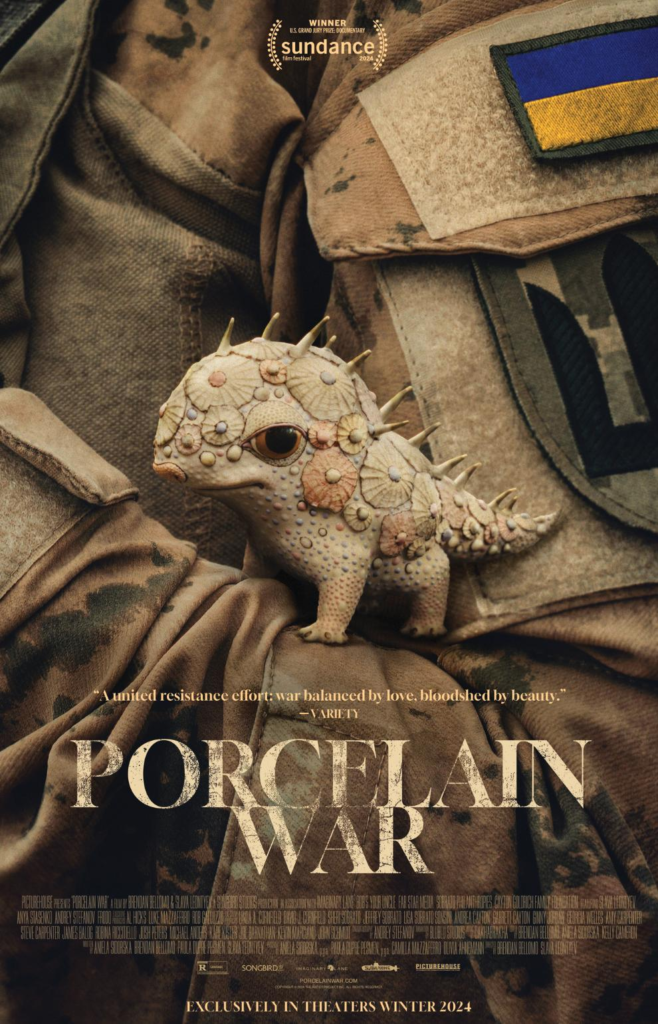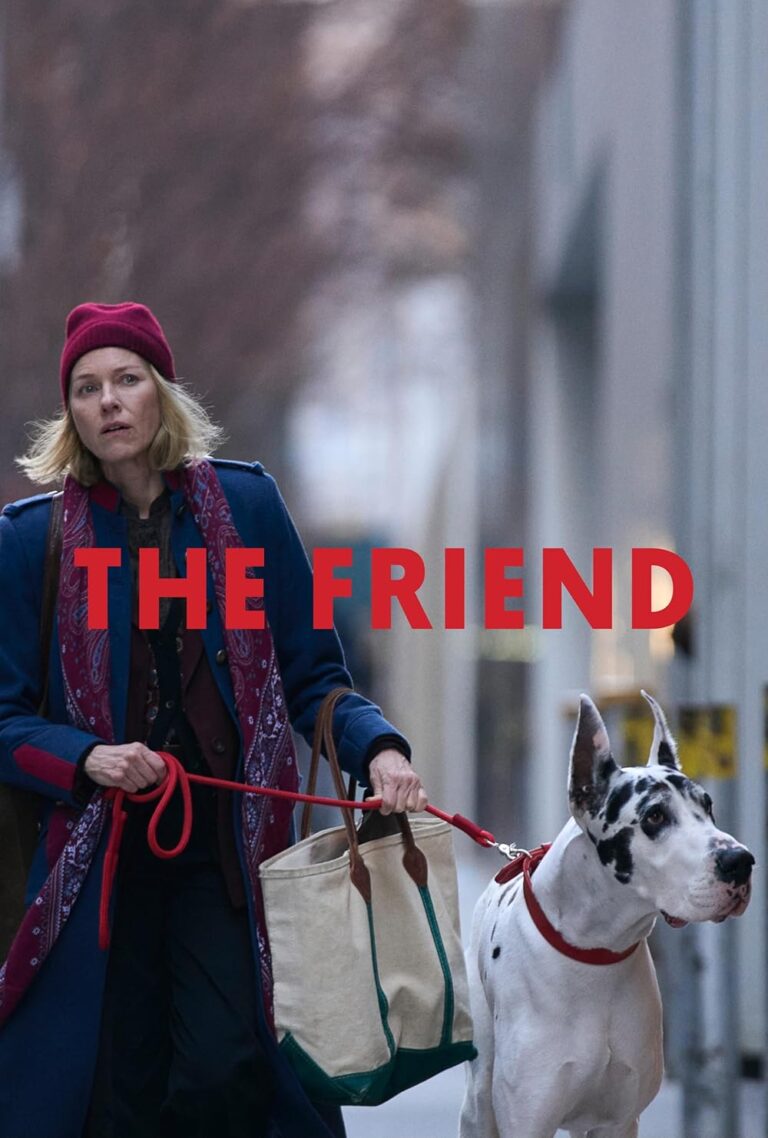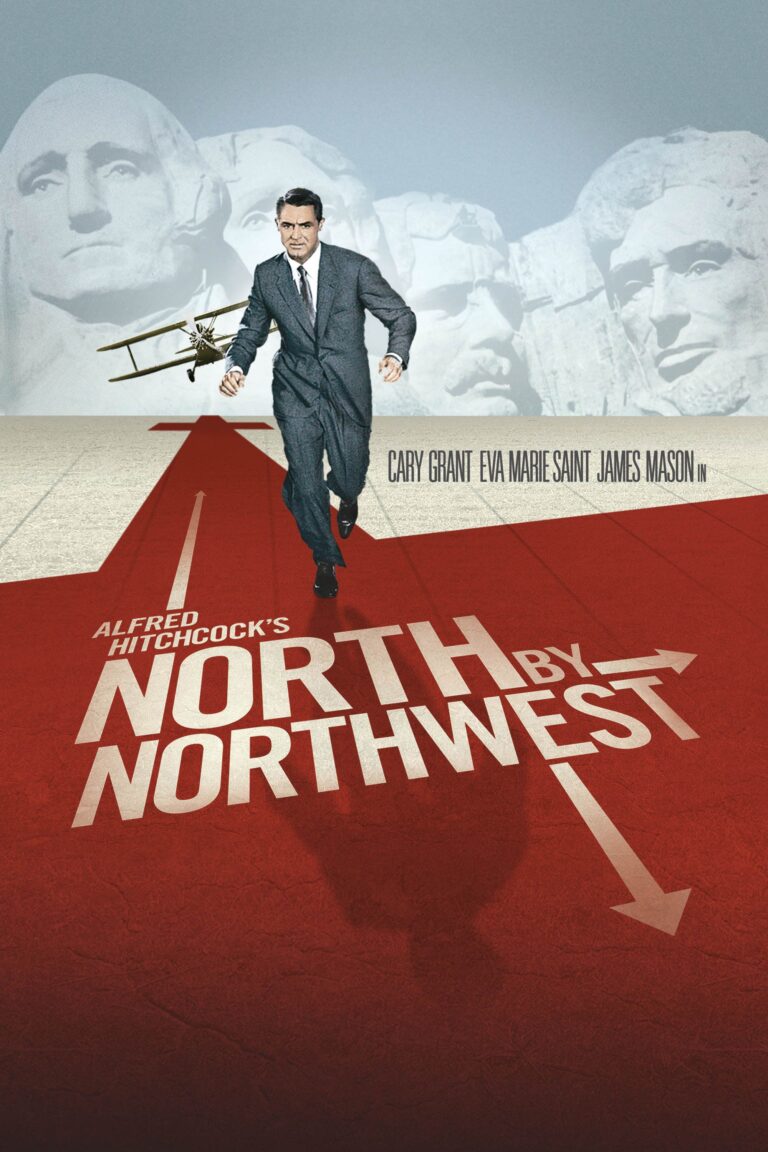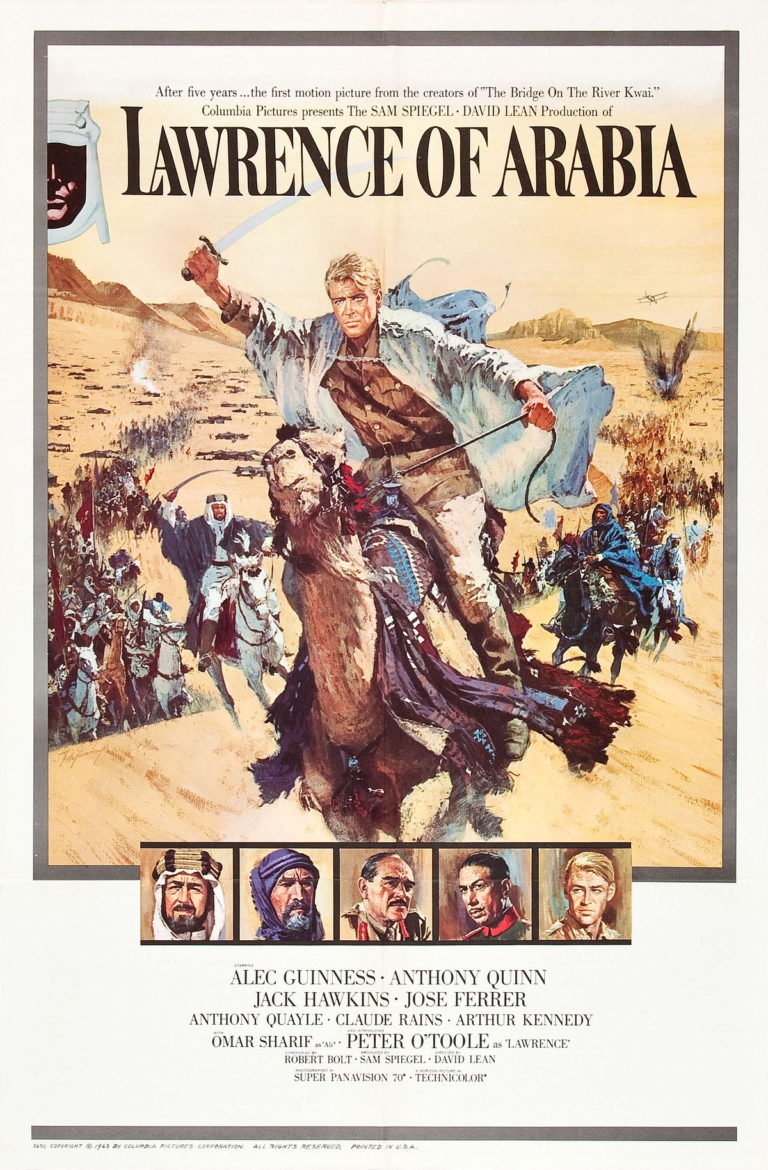Porcelain War Christian Review

From the start, Porcelain War demands your attention. It’s one of those films that doesn’t let you breathe, doesn’t let you sit comfortably. It yanks you into its world of battlefields, shattered ceramics, and weary artists clinging to their crafts as the world collapses around them. It’s haunting, moving, frustrating, and, honestly, a little overwhelming. As a Christian watching it, you can’t help but feel that tug-of-war between despair and hope. Where does faith fit in a story like this? What do we make of its relentless message that art is survival, and survival is art?
The Power of Creation in a World Falling Apart
If Porcelain War is about anything, it’s about the undeniable, almost sacred urge to create. The documentary follows three artists trying to keep their work alive while chaos reigns. Their art isn’t just something they do; it’s who they are. And that feels profoundly Christian, doesn’t it?
Think back to Genesis. God, the ultimate Creator, shaped the universe out of nothing. His first act wasn’t destruction or judgment—it was creation. The artists in this film reflect that divine impulse, building beauty out of ashes. There’s a certain holiness in their determination, even if they don’t realize it.
One scene in particular sticks with you. An artist, holding a piece of porcelain smeared with dirt, stares out at a battlefield. There’s so much pain in their face, but also this glimmer of defiance. It’s a moment that screams: Beauty will not die here. Not today. And isn’t that what we’re called to as Christians? To reflect God’s light even in the darkest places?
Brutal Realities, Biblical Parallels
But let’s not sugarcoat it—this is a hard film to watch. The violence is graphic. The despair is palpable. At times, it feels like the movie is daring you to look away.
It reminded me of the Bible’s own unflinching honesty about human suffering. The Old Testament is full of brutal stories: wars, plagues, exiles. These aren’t sanitized Sunday School versions—they’re raw, messy, and sometimes downright horrifying. Yet, they’re there for a reason. They remind us of the consequences of sin, the cost of rebellion, and the desperate need for redemption.
Porcelain War has a similar effect. It doesn’t let you hide from the ugliness of war. It forces you to sit with it, to feel it. As Christians, that’s uncomfortable but necessary. We’re not called to ignore the world’s pain; we’re called to engage with it, to bring light into it.
When Art Becomes Worship
One of the most beautiful aspects of Porcelain War is the way it elevates art to something almost transcendent. The animated sequences—where the artists’ work comes to life—are breathtaking. These moments offer a stark contrast to the surrounding destruction, almost like glimpses of another world.
For a Christian, it’s impossible not to see the parallels to worship. When we create, we reflect the Creator. When we make something beautiful, we participate in God’s work of bringing order out of chaos. The artists in this film might not frame their work in spiritual terms, but their actions speak volumes. They are, in their own way, bearing witness to a truth that transcends the immediate horrors around them.
The Weight of Visual Metaphors
That said, Porcelain War isn’t a perfect film. It has a tendency to over-explain itself, especially through its visual metaphors. Everything means something, and the film is desperate to make sure you don’t miss it.
There’s a scene where a porcelain vase shatters in slow motion, and the camera lingers on the shards for what feels like an eternity. It’s powerful, yes, but it’s also a little heavy-handed. You find yourself thinking, Okay, I get it. Fragility. Destruction. Moving on.
As Christians, we’re used to wrestling with layered meanings. Parables, for example, are full of metaphors, but they leave room for interpretation. Jesus didn’t always explain every detail; he trusted his listeners to ponder and reflect. Porcelain War doesn’t have that same faith in its audience. It’s like it doesn’t trust you to connect the dots, so it connects them for you—boldly, brightly, and repeatedly.
The Big Questions
At its core, Porcelain War is about survival. Specifically, it asks: What’s worth surviving for? The artists in the film find their answer in their craft. For them, creating is a way to reclaim their humanity, to fight back against the forces trying to dehumanize them.
For Christians, the question of what’s worth fighting for has an eternal dimension. It’s not just about this life; it’s about the next. The Bible reminds us that our struggle is not against flesh and blood but against spiritual forces of evil (Ephesians 6:12). The artists in Porcelain War might not articulate it that way, but their fight is undeniably spiritual. They’re fighting to preserve something intangible yet profoundly important—their identity, their dignity, their hope.
Frustrating and Beautiful
There’s a lot to love about Porcelain War, but it’s not without its flaws. The pacing is uneven, the metaphors are overdone, and at times, the film feels like it’s trying too hard to be profound. But even with those missteps, it’s hard to deny its impact.
As a Christian viewer, you’ll find yourself moved, challenged, and maybe even a little frustrated. But isn’t that what good art does? It pushes you out of your comfort zone. It makes you wrestle with big ideas. It forces you to confront truths you’d rather ignore.
Final Thoughts
Porcelain War is not an easy film, but it’s a worthwhile one. It’s a reminder that even in the darkest times, there is light. Even in the midst of destruction, there is creation. And even in the face of death, there is hope.
For a Christian audience, the film offers plenty to reflect on. It’s a story of resilience, creativity, and the eternal struggle between despair and hope. It’s messy and imperfect, but maybe that’s the point. Life isn’t neat and tidy. Neither is faith.
Rating: 8/10
Watch it with an open heart, and don’t be afraid to sit with the discomfort. It’s in those moments of tension that the film’s true beauty shines through.






